IS26 - Digital Twins and Data Assimilation for Marine Engineering
Digital twins are virtual models that progressively adapt and specialize by learning from
data from real counterparts, that could be either natural or human developed systems. The
popularity of the concept of digital twin is sensitively growing across different domains
and a variety of definitions have been adopted across science and engineering
communities. This Invited Session relies on the definition proposed by the AIAA DEIC
in 2020 according to which a digital twin is “a set of virtual information constructs that
mimics the structure, context, and behaviour of an individual/unique physical asset, is
dynamically updated with data from its physical twin throughout its lifecycle and informs
decisions that realize value” [1]. More recently, this definition crossed disciplinary
domains to be adopted and further complemented with the acknowledgement that digital
twins are purpose-driven models and their mathematical foundations root in the field of
data assimilation, spreading across uncertainty quantification, model order reduction and
scientific machine learning [2]. The objective of this Invited Session is to bring together
researchers to share advances in computational methods and mathematical formulations
that have been enabling digital twins and their use in support of design and/or decision
problems. While particular attention will be dedicated to applications in marine
engineering, developments pursued in close disciplines – such as mechanical engineering,
aerospace engineering and environmental science – will also be most welcome.

